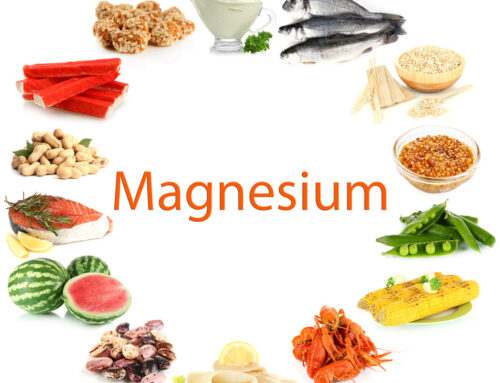Magnesium (Mg) may be the most overlooked mineral. No one has yet popularized a simple way to remember it, in the way that we usually associate potassium with bananas, calcium with bone health, and sodium with blood pressure. But magnesium is an incredibly versatile and important nutrient that many doctors, nutritionists, and researchers believe is the single most important nutrient for human health.
It is essential for over 300 different chemical reactions in the body, including maintaining your energy level, helping you relax, and sustaining the health of your heart and blood vessels. Unfortunately, in most of the developed world, magnesium deficiency is probably the most common nutritional deficiency. Because it has so many crucial functions, and because it appears to protect us from serious conditions that are most prevalent in the developed world, magnesium really is the “miracle mineral.”
What is magnesium good for?
One of its most common uses is for alleviating constipation; you may recognize it as the active ingredient in well-known over-the-counter laxative medicines. It is also a natural calcium-channel blocker – many integrative medicine practitioners have used magnesium supplements to help lower blood pressure and maintain healthy blood pressure.
While we often hear about the importance of calcium for bones, magnesium is the other key mineral for healthy bones. And because so many people take calcium pills without magnesium, there may actually be a greater need for magnesium than for calcium in people who are most vulnerable to osteoporosis.
Magnesium is probably the most important nutrient for that energy powerhouse, the human heart; it helps the heart muscle itself function better. Magnesium also helps protect blood vessels, which is where most of what we call heart disease actually happens. Magnesium is also a natural blood thinner, much like aspirin, so many doctors and researchers believe that it may help prevent heart attacks and strokes.
Perhaps the area where magnesium could have the biggest impact is in the prevention of diabetes: Scientists have proven that magnesium levels are low in people with diabetes; people with higher magnesium levels do not develop diabetes; and that supplementing with magnesium appears to help reverse pre-diabetes.
As with all minerals in foods, the mineral has to be present in the soil where the food is grown. The best food sources of magnesium are beans, especially soy; whole grains, including bran; nuts like almonds and brazil nuts; and seeds, including flaxseed, sesame, and sunflower. Dry cocoa powder, and thus dark chocolate, is also a great (and incredibly tasty!) source.
Taken from a blog written by Daniel Heller, ND





Leave A Comment
You must be logged in to post a comment.